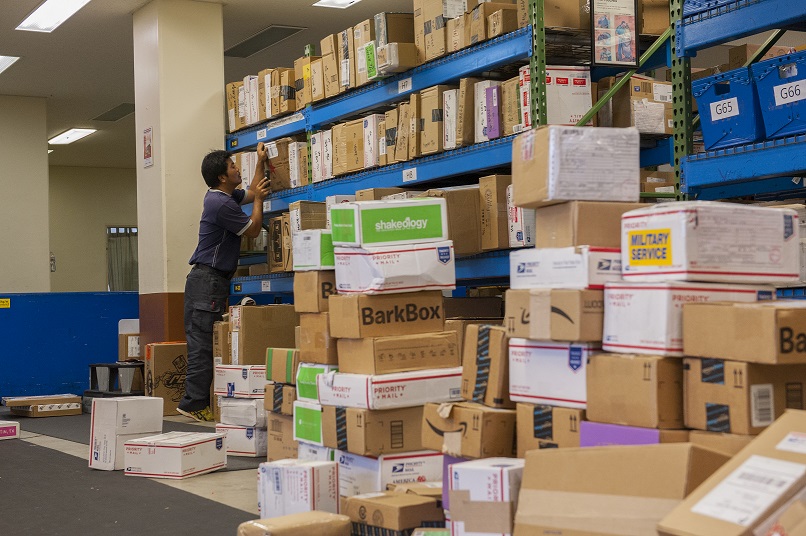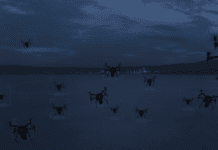This post is also available in:
 עברית (Hebrew)
עברית (Hebrew)
The autonomous urban aircraft could become a $1.5 trillion industry by 2040, as evaluated by Morgan Stanley investment bank. That includes everything from vertical take-off and landing (VTOL) aircraft, flying taxis, military unmanned aerial vehicles (UAVs), and delivery drones.
Drone delivery is still making its first steps. Air space regulations present formidable hurdles for most companies that want to launch commercial services. Moreover, 54 percent of Americans polled in a 2017 Pew Research Center survey disapproved of drones flying near residential areas.
Package delivery giant UPS is seeking permission from the US federal government to operate an extensive network of commercial drones in the US. If approved, the company could be permitted to fly drones over populated areas, at night, and out of the operator’s line of sight. Such drone operations are highly restricted in the US and approved only by exception.
The permission sought by the company is known as Part 135 certification under the Federal Aviation Administration, which applies to “air carriers and operators.” Since they’re considered aircraft under federal law, drones from delivery operators like UPS are being put through the same safety and economic certification processes as companies that fly planes.
According to theverge.com, very few drone companies have been given the green light under Part 135 so far.
These include Alphabet’s Wing which became the first to receive FAA approval to operate commercially, in April. Others, including Uber’s food delivery service Uber Eats and Amazon Air, have yet to receive approval.
UPS is creating a new subsidiary, UPS Flight Forward, to oversee its drone operations. UPS’s experience with drone delivery is limited to a pilot program with autonomous delivery drone startup Matternet, which uses drones to deliver medical supplies in North Carolina. The delivery giant also partnered with Zipline and vaccine nonprofit Gavi in 2016 to deliver blood samples to remote locations in Rwanda.

























